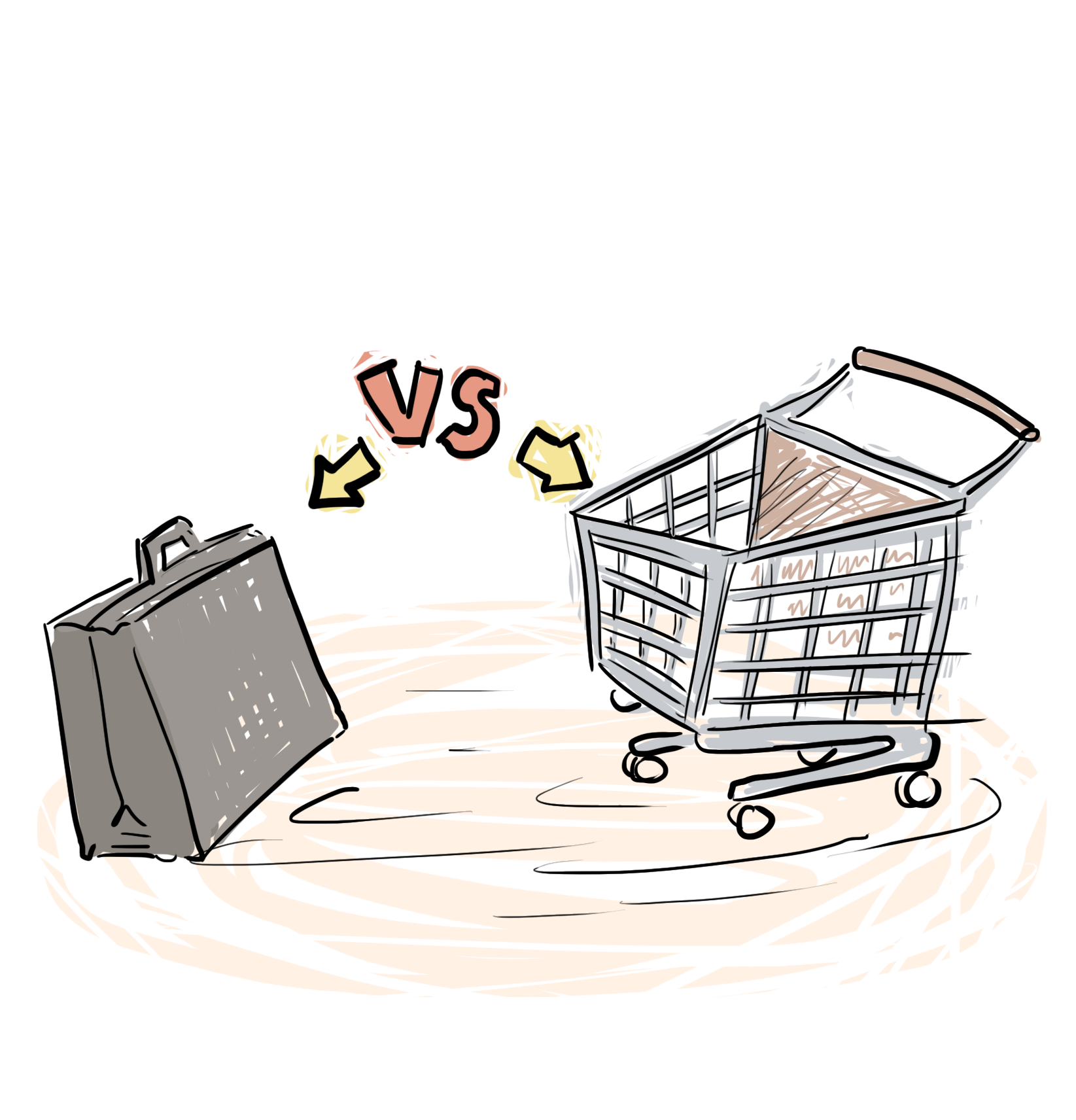Broadly speaking, there are two kinds of customers: businesses (B2B) and consumers (B2C). The type of customer you pursue heavily influences your startup strategy. Consider, for example, how drastically your sales approach would differ with businesses and consumers. Enterprises are rational and look for a return on investment, whereas consumers are influenced by a myriad of (sometimes irrational) factors. Enterprises want the facts, and will examine the savings your product generates, the cost to produce those savings, and invest accordingly. Consumers make purchase decisions are based on, among other factors, perceptions, social trends, culture, beliefs, search costs, and brand recognition. And this is just one example of the differences between B2B and B2C. Other important factors include distribution channels, sales cycles, multi-sided markets, and the number of people involved in the transaction. When starting up, think about what kind of customer you are targeting and how that might affect your approach, not only with sales but with the entire go-to-market plan.

